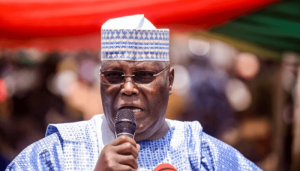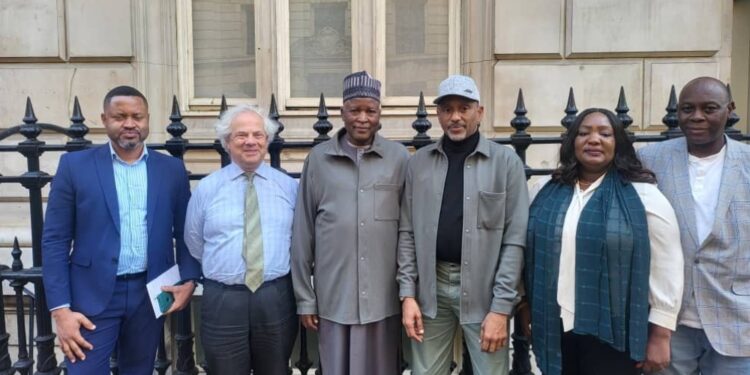The Federal Government of Nigeria, through the Ministry of Housing and Urban Development, has announced a significant partnership with the Central Association of Agricultural Valuers (CAAV), a UK-based professional body specializing in rural land valuation. This collaboration aims to modernize the country’s compensation framework for public land acquisition, with a particular focus on crops and economic trees.
The partnership, announced on September 15, 2024, during a Knowledge Exchange Programme in London, seeks to review the compensation rates that have been in place since 2008. The Federal Ministry highlighted that the current system is outdated, and this new effort is part of a broader reform to ensure fairer and more transparent compensation practices across Nigeria.
Minister of State for Housing and Urban Development, Abdullahi Tijani Gwarzo, noted that the collaboration with CAAV would help align Nigeria’s land acquisition policies with global best practices. He emphasized the need to develop a real-time, scientifically grounded compensation framework that reflects the value of crops and economic trees affected by public acquisitions.
“The Federal Ministry of Housing and Urban Development has begun a landmark partnership with CAAV to review and update methodologies for compensation rates, especially for crops and economic trees. This is long overdue and crucial for reforming land governance in Nigeria,” Gwarzo said.
The National Technical Development Forum (NTDF) on Land Administration will spearhead the project, with the goal of establishing a national repository of reference rates for compensating landowners. This is expected to ease public land acquisition processes, which have faced challenges due to outdated compensation rates and a lack of national guidelines.
At the event, Professor Olurotimi Kemiki, Lead Consultant on the draft Compensation Rates Methodology, and Jeremy Moody, Secretary and Adviser at CAAV, presented technical papers that underscored the potential positive outcomes of the collaboration. Both experts expressed optimism about the future of Nigeria’s land acquisition reforms.
Minister Gwarzo also acknowledged the limitations of the Land Use Act of 1978, which governs compulsory land acquisition and compensation in Nigeria. He pointed out that the absence of a national compensation structure has led to inefficiencies in the system, and this partnership with CAAV will help address these shortcomings.
The Knowledge Exchange Programme will continue through the week, with insights and experiences shared between both parties. The final report, which will outline the updated compensation framework, is expected to be presented in October 2024.
The Federal Ministry reiterated its commitment to ensuring that Nigeria’s land acquisition processes are transparent, fair, and in line with international standards, fostering a more equitable system for all stakeholders involved.













